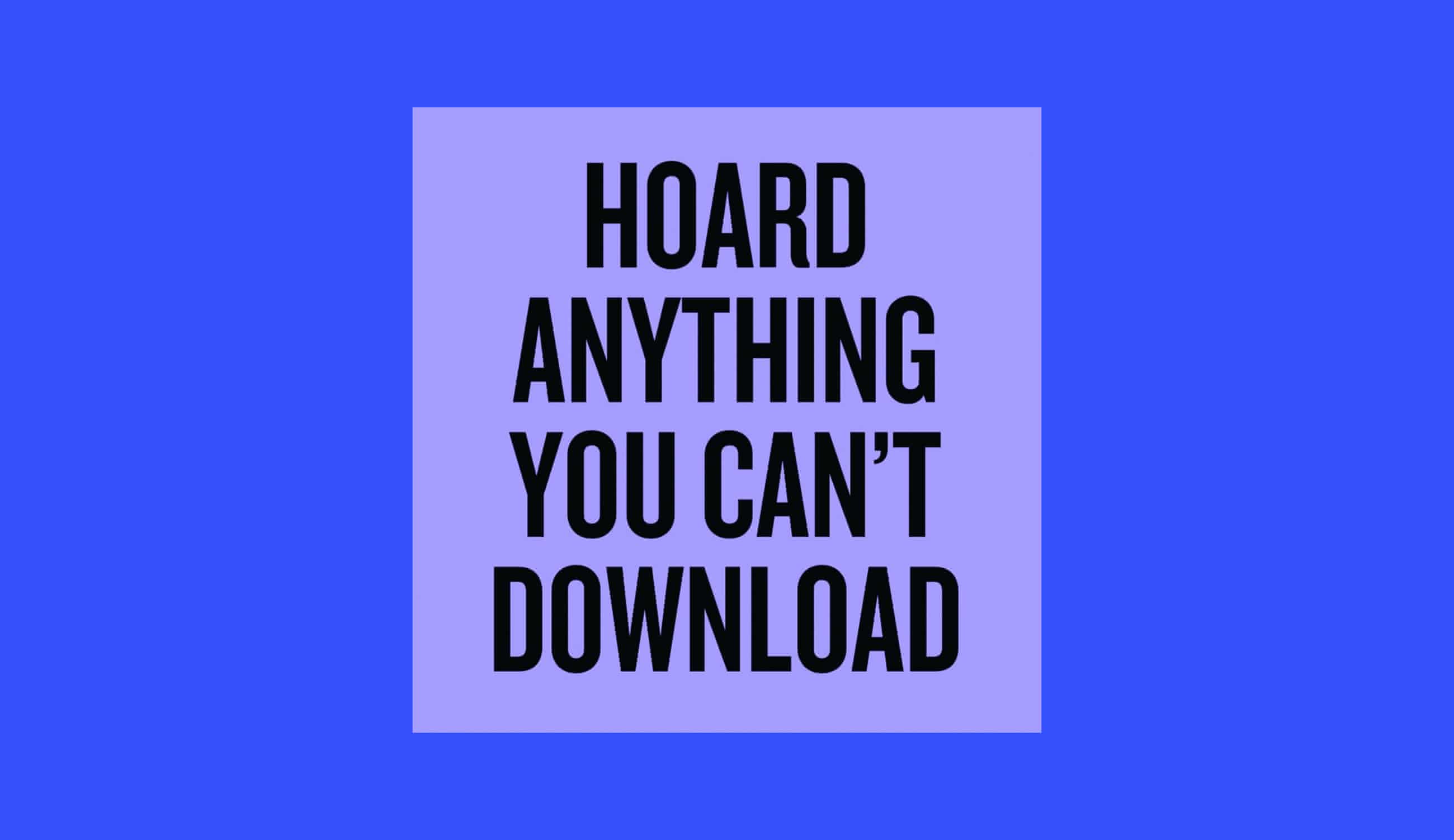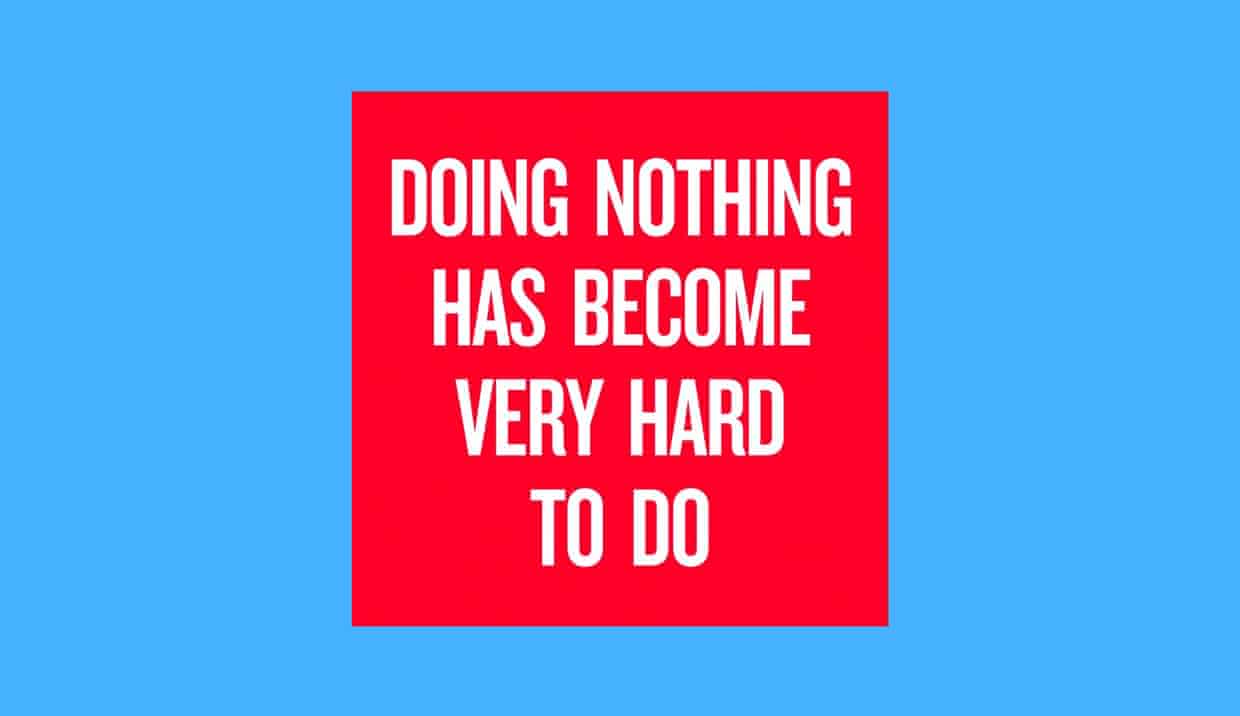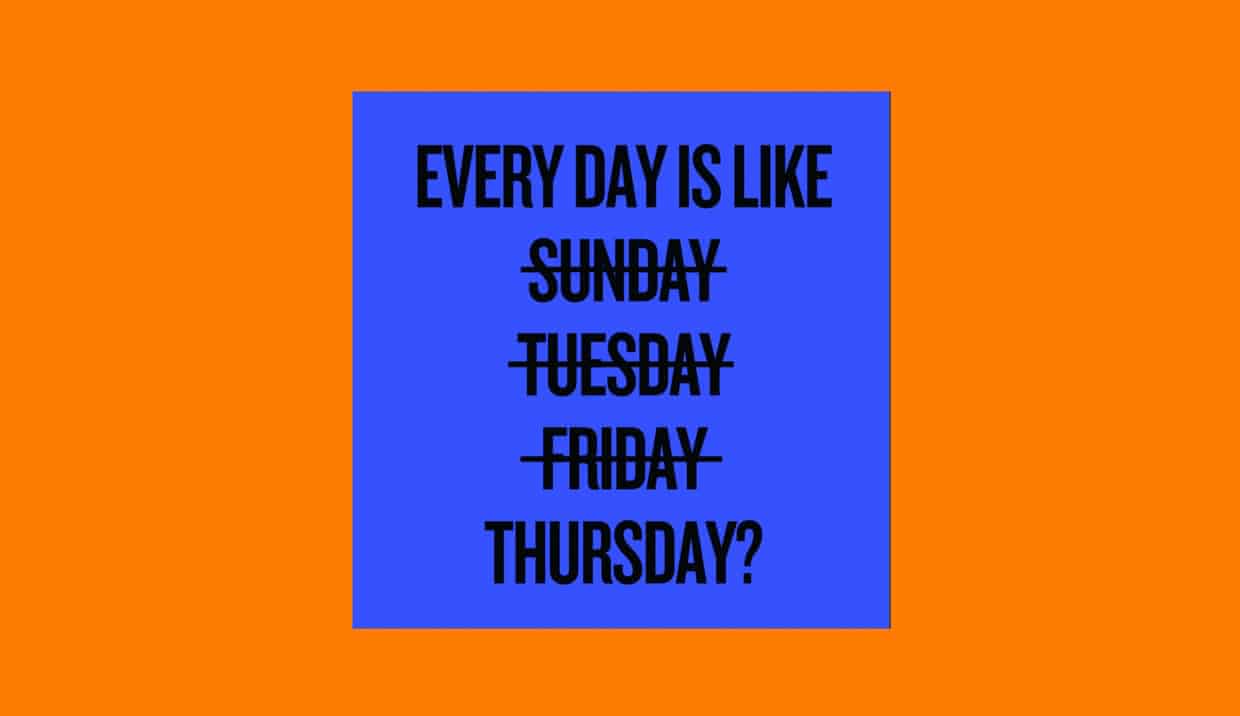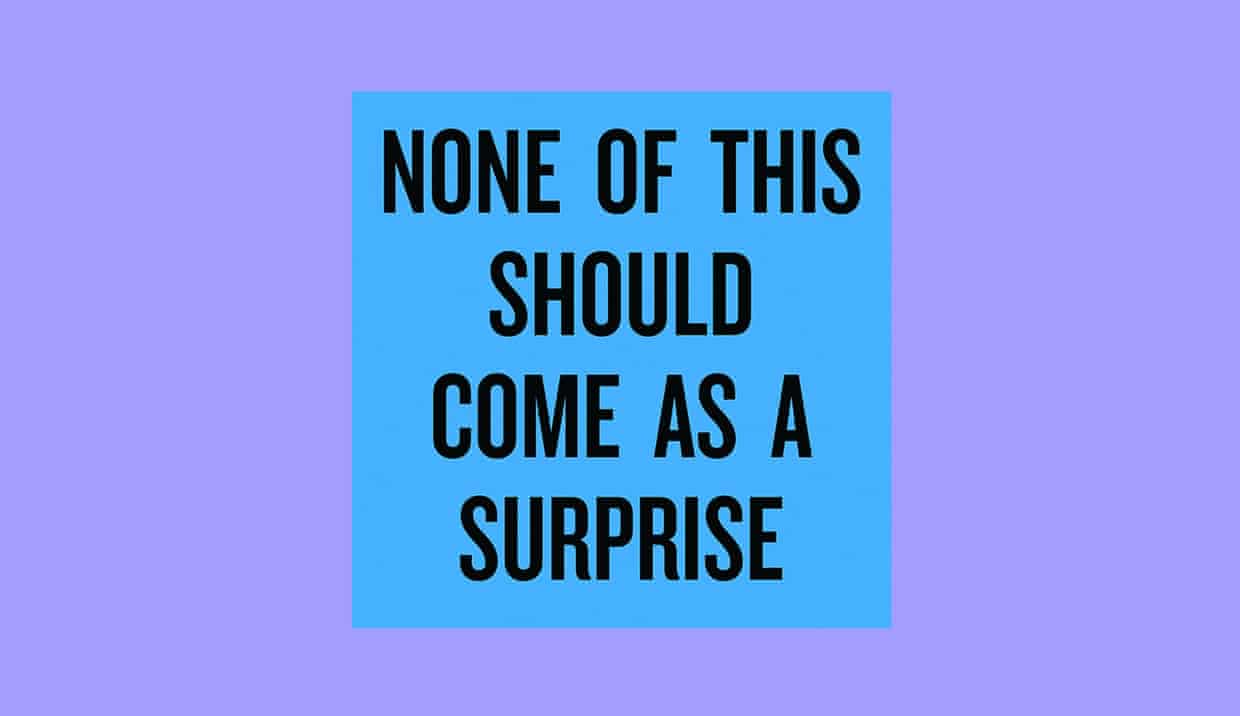
Books
Signs of the times: how Douglas Coupland's art came to life under coronavirus
Ten years ago the novelist created slogans that captured the isolated nature of contemporary life. But when Covid-19 hit, his artworks began to feel eerily prescient
by Douglas CouplandI was in Toronto for both waves of Sars in 2003. You didn’t quibble with the disease. Globally, it killed one in 10 of its victims. Toronto had 44 deaths. The Toronto Sars experience was similar to, but different from, Covid. One huge difference is that in 2003, the internet and smartphones were still in semi-infancy. There was a crazy deadly virus out there and like now, people wore masks and stayed inside. But importantly, they weren’t spending all their waking hours terrifying themselves with dire forecasts, quack statistical modelling, blatant misinformation and political toxic waste – and the Sars experience was clearly, distinctly, far less scary than Covid-19. There’s a lesson there.
Eight years later in Vancouver – and this will ultimately connect up – I hosted a “YouTube Night” at a friend’s nightclub. My MacBook Pro was linked to a jumbo screen, and guests shouted out directions for where to surf next. It was a terrible idea. Going online remains an entirely solitary activity and everyone that evening left feeling unsatisfied. The nightclub had asked me to do posters advertising the event. I liked that idea, but I wanted them to have huge words so that people could read them while driving by in their cars, so I used the nightclub’s house font, a bold sans serif called Knockout, which had originated on boxing posters. I created 10 slogan-like statements that made sense in 2011, but which would have been meaningless to someone 20 years ago. We then pasted them on to construction hoardings around Vancouver. The most popular slogan remains: i miss my pre-internet brain.

Slogans are interesting because they are like information theory. In an almost mathematical sense, you need to compress as much information into as few words as possible, but it’s not advertising; for me, it’s an exercise in locating nascent collective perceptions in our culture at large. One inspiration for this came from the work of US artist Jenny Holzer, whom I’d studied in art school in the early 1980s. Holzer created a series of works she called Truisms, which featured highly reduced compressions of master texts such as Machiavelli’s The Prince (abuse of power comes as no surprise).
Soon after the dismal YouTube event, I realised that there are far more than just 10 slogans about contemporary life that would make no sense to someone from 1991: there were hundreds. So the Slogan Project grew as it began to enter the museums and galleries world. I also began delving into specific themes such as robotics for the Vitra Design Museum in Basel, ecology at Montreal’s Canadian Centre for Architecture, and the near future at the Shanghai Himalayas Museum. Last January, I did a series on sleep at Somerset House in London.
And then we had a plague.

Overnight the inventory of once-esoteric slogans somehow magically came to life in a way at once menacing, unexpected, deadpan, activating and prescient. Slogans such as hoard anything you can’t download, or, healthy people are bad for capitalism or the present and the future are now the same thing unexpectedly chimed with our experience of the plague: the 1%, the left, the right, the middle class, the disenfranchised, the globe, the young, the old, the you and the me. Once I saw this, I began to post my older 2013 slogans on to Instagram. I also dug out my older novels and essays and found a few slogans buried within them, such as, use jets while you still can from Generation X, 1991, which was retooled as: we used jets while we still could. A 2017 essay “Grexit” yielded doing nothing is different from having nothing to do and doing nothing is very hard to do. And so forth.
Now, after months of posting slogans on my Instagram feed, my coloured squares, with their blocky all-cap texts, read as a group as a strong reflection of our relationship with Covid-19 – one that has perhaps permanently altered the way we view time, class, our bodies, our families, our jobs, our homes, the media, the internet, news, truth, boredom, paranoia and so much more.

Seventeen years on from the Sars crisis, we see a world scaring itself to death with far too much specious information, and we also see a world without an off button, always fidgeting and looking, for better or for worse, for quick hits of anything to make some kind of sense of it all.
• Instagram @dougcoupland